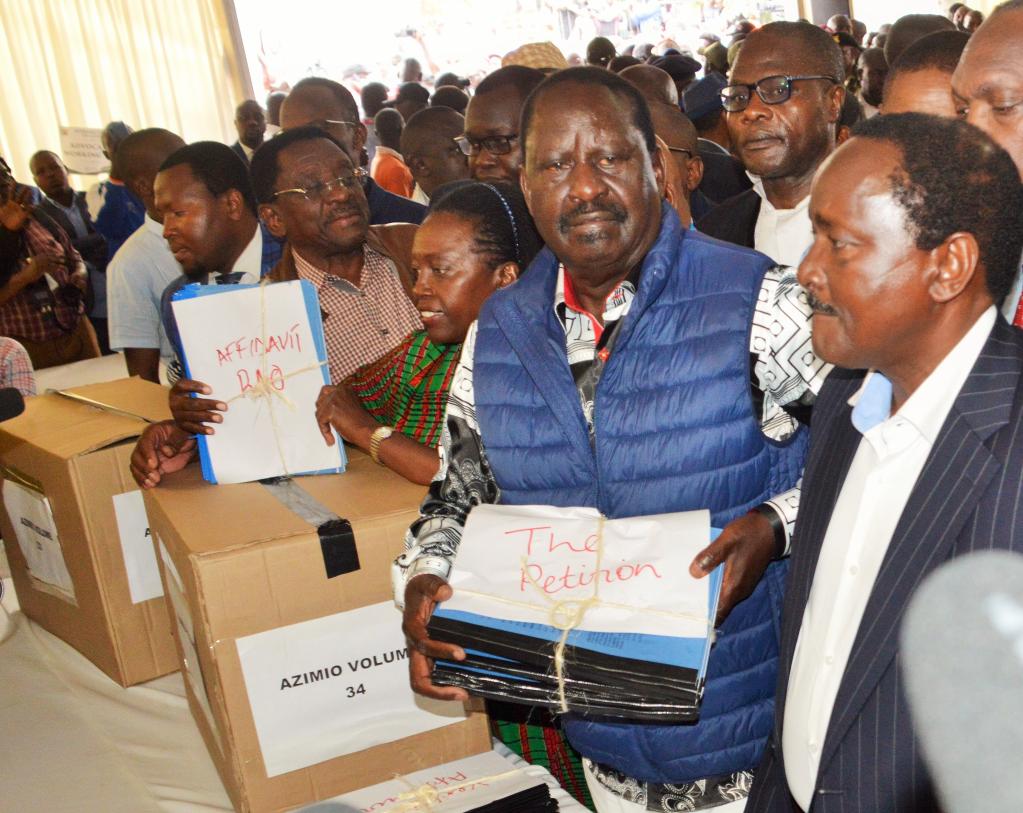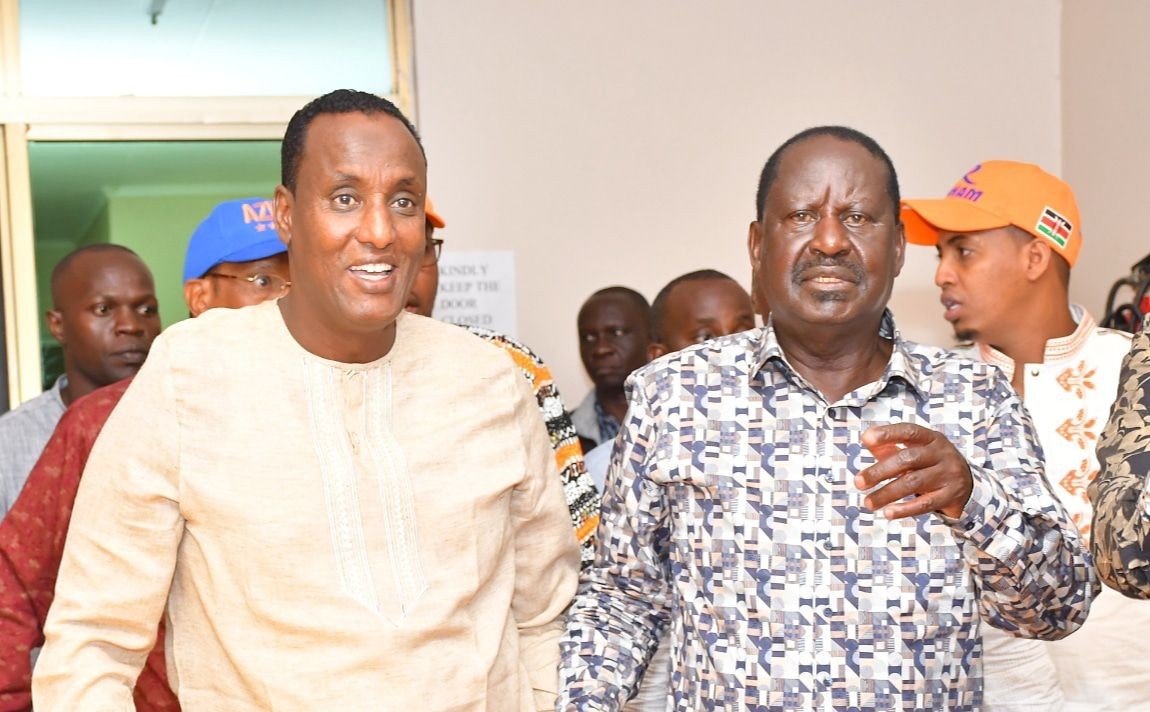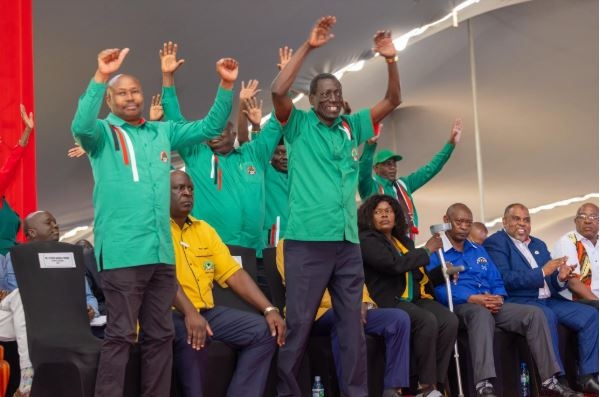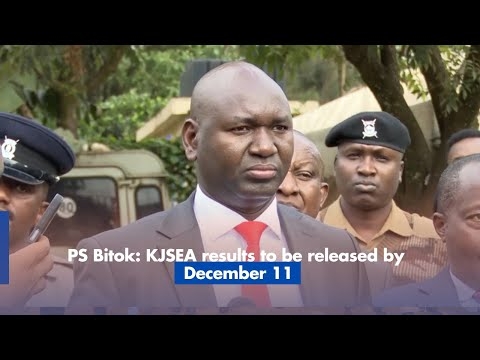

However, beyond the rallies and rivalries in five elections, his three landmark presidential election petitions in 2013, 2017 and 2022 fundamentally shaped Kenya’s democratic and judicial landscape.
It also helped to entrench the rule of law as the ultimate arbiter of electoral disputes after the refusal to file a petition in 2007, citing lack of faith in the courts.
When Raila under the Cord coalition first moved to the Supreme Court in 2013, challenging the election of Uhuru Kenyatta (TNA/Jubilee Coalition), it was uncharted territory.
The 2010 Constitution had created a Supreme Court with the power to hear presidential election petitions, which was itself a radical shift from the chaos that followed the disputed 2007 polls.
Raila’s decision to pursue legal redress instead of street protest was widely seen as a test of whether the Judiciary could serve as a credible forum for resolving electoral grievances.
Murang’a Governor Irungu Kang’ata, who is also an advocate of the High Court, said Raila’s reaction to election losses was within the constitutional framework.
“Most importantly is how he used to react to electoral losses. He would only agitate within the Constitution,” he said on Thursday.
“If it is protest, it is provided for under the Constitution. If it is court challenge, it is provided for under the Constitution. He was a constitutionalist and to that extent, he embedded democracy.”
Although the apex court upheld Uhuru’s victory in 2013, the process sent a clear message that there would be consequences to electoral mismanagement, and that even when the most powerful contest in the land could be subjected to legal scrutiny.
With the yellow card in 2013, the Supreme Court issued the red card to the IEBC in 2017, nullifying the election over illegalities and irregularities by the electoral commission.
The 2017 petition marked an even more transformative moment with a historic and unprecedented judgment.
The Chief Justice David Maraga-led bench ruled that the process of arriving at the final tally was as important as the numbers.
Maraga said the IEBC "failed, neglected or refused to conduct the presidential election in a manner consistent with the dictates of the Constitution".
It was the first time in Africa’s history that a court had annulled a presidential election.
The ruling reverberated across Africa, positioning Kenya as a constitutional democracy, where no office was beyond the reach of the law.
Raila’s insistence on due process, even after initial doubts about the Judiciary’s independence, was praised by international observers as evidence of Kenya’s democratic maturity.
Although Raila boycotted the subsequent repeat election, the precedent had already been set: The rule of law, not political power, could determine the fate of a presidency.
By the time of the 2022 election, Kenya’s Judiciary had evolved into a robust, independent actor within the democratic system following the handling of the two previous petitions.
Once again, after losing to then Deputy President William Ruto, Raila filed a petition, citing manipulation of results and lack of transparency within the IEBC.
The Chief Justice Martha Koome-led bench dismissed the petition unanimously, upholding Ruto’s win. However, the petition provided an opportunity to evaluate the security of the supporting electoral technology and the credibility of the physical result slips.
Through these successive petitions, Raila cultivated a political culture that placed legal reasoning above political confrontation, and institutionalised the idea that the Judiciary holds the final word in political contests.
Moreover, each petition forced the country to refine its electoral systems.
After 2013, Kenya reformed its tallying procedures and tightened electronic transmission rules.
Then after 2017, the Judiciary’s assertiveness inspired reforms in court management and the independence of electoral bodies.
By 2022, both political camps publicly pledged to abide by the court’s verdict before results were announced, further building confidence in the judicial system.
The IEBC, in it condolence message on Thursday, recognised Raila’s relentless quest for credible, transparent and people-centred elections.
“His sacrifices strengthened the institutions that uphold the sovereign will of the Kenyan people,” the commission said.
“Indeed, his life is etched in our democratic foundations, in every reform, every freedom and every ballot cast.”
It added for this, the IEBC owes him a debt of eternal gratitude.
“In his honour, the IEBC rededicates itself to his vision: to defend integrity, impartiality and transparency in every election, and to ensure that the voice of every Kenyan remains sacred and supreme,” the statement added.
While Raila’s critics often accused him of perpetually contesting elections and refusing to accept defeat, supporters have argued that the repeated petitions advanced civic education, electoral jurisprudence and respect for institutions.
During the 2022 petition, Raila’s lawyer Paul Mwangi hit back at critics of Raila’s recurrent petitions.
“What they want to do is to create an atmosphere of impunity, where they are never held to account," he said.
The Supreme Court’s judgments, whether for or against Raila, are now cited across Africa as models of electoral justice, and inspired the nullification of the Malawi presidential election in 2019.















